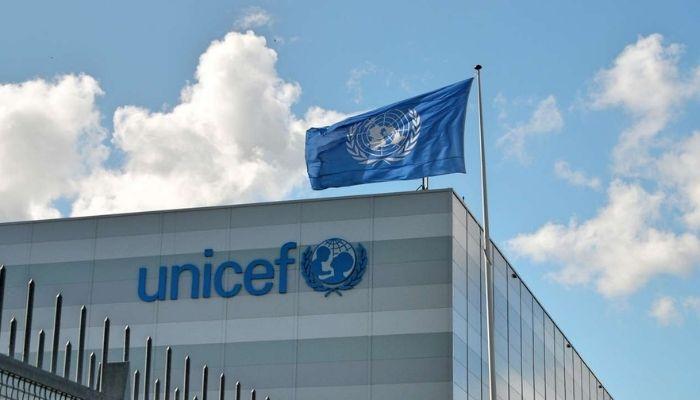The 2025 World Breastfeeding day as celebrated in Nigeria has brought an implementation on maternity nursing mothers through the Office at the United Nations Children’s Fund (UNICEF)
Nuzhat Rafique, Chief of Field Office at the United Nations Children’s Fund (UNICEF) in Bauchi, has appealed to the Bauchi State Government to approve a six-month maternity leave policy for nursing mothers. She emphasized that this leave would allow mothers to practice exclusive breastfeeding for six months, ensuring improved child care, better hygiene, and stronger health outcomes for infants.
Speaking at a press conference to commemorate the 2025 World Breastfeeding Week held at the UNICEF Bauchi Office, Rafique highlighted the importance of breast milk as a baby’s first food, noting its critical role in boosting immunity and providing essential nutrition.
Introducing the “1, 6, 24” formula, she explained:
1: Initiate breastfeeding within the first hour of birth to deliver vital antibodies;
6: Maintain exclusive breastfeeding for the first six months;
24: Continue breastfeeding along with complementary feeding until 24 months.
Rafique stressed that mothers require full support—from families, communities, and institutions—to successfully adhere to this recommended breastfeeding practice. She noted, “Without comprehensive support, it becomes challenging for women to initiate breastfeeding on time and sustain it alongside complementary feeding.”
She urged the government to formalize the six-month maternity leave policy, emphasizing its necessity for all working mothers. Rafique also called for workplace reforms, such as providing private spaces for breastfeeding or expressing milk, so that mothers can continue nursing their children even after returning to work.
“Initiating complementary feeding doesn’t mean stopping breastfeeding,” she said. “Mothers need proper facilities at work to continue feeding their children, which ultimately supports both family well-being and the state’s development.”







